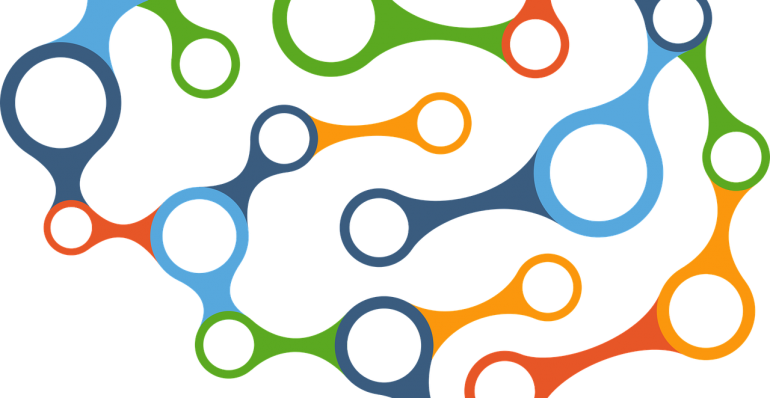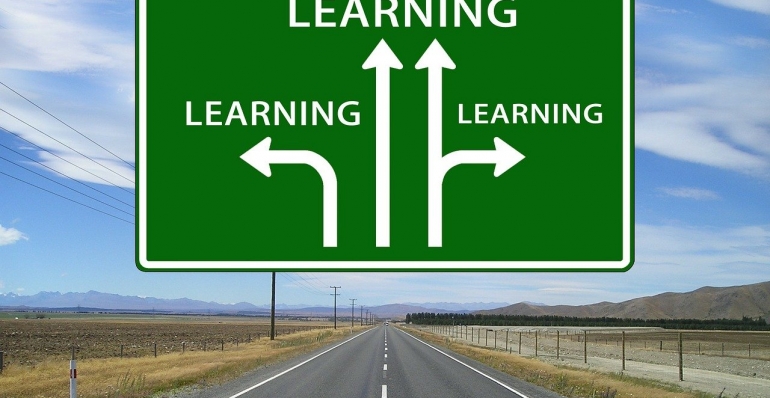Using Action Learning With e-learning
- Posted By Super User
- Learning Design
 Action learning is a process by which participants "learn by doing": that is, they acquire and apply knowledge through actions rather than traditional instruction. Research on action learning has shown that action learning programs are at least 30 percent more effective than traditional lecturing. Action learning usually involves opportunities for small groups of individuals to solve real organizational problems while at the same time focusing on their learning. Developed first by Reg Revans in England in the mid-20th century, action learning has evolved into many different forms. But they usually share these characteristics:
Action learning is a process by which participants "learn by doing": that is, they acquire and apply knowledge through actions rather than traditional instruction. Research on action learning has shown that action learning programs are at least 30 percent more effective than traditional lecturing. Action learning usually involves opportunities for small groups of individuals to solve real organizational problems while at the same time focusing on their learning. Developed first by Reg Revans in England in the mid-20th century, action learning has evolved into many different forms. But they usually share these characteristics:






